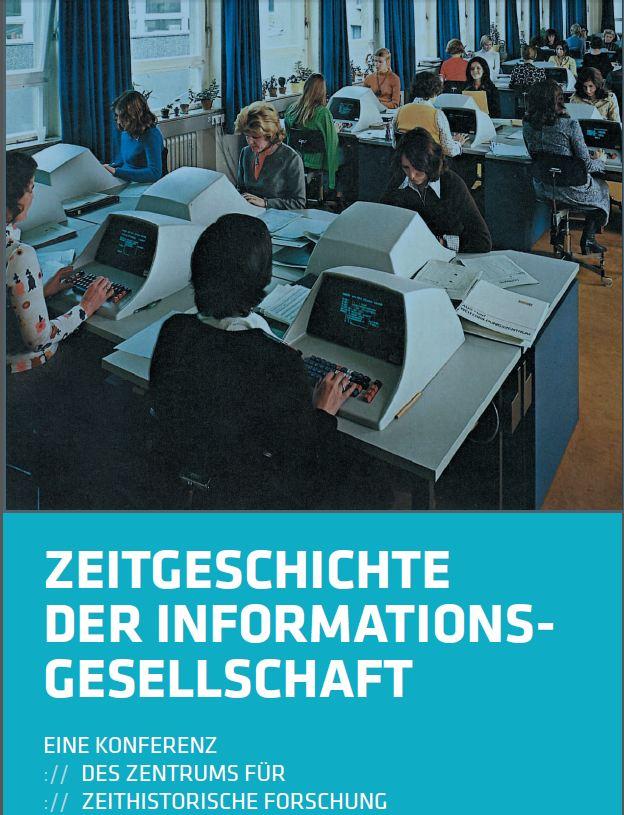This project examines past visions of the future in the realm of gainful employment. The scenarios of the 1970s and 1980s ranged here from the ‘good tidings of the tertiary sector’ via the strategic perspectives tied to the scientific-technical revolution, to the problem of labour migration and the associated image of uninhabited tracts of land in the middle of Europe. On the basis of broad technical history studies on the history of the computer, the enquiry will concentrate on the media construction of images and visions of the future of computerised work. The focus here will be on the expectations, the trade-off between chances and risks, as well as the utopias that contemporaries associated with the subject of the computerisation of work (for instance paperless offices and uninhabited, fully-automated factories). The public debates, publications, films and advertisements convey an ambivalent picture here: on the one hand, an optimistic one of inexorable technical progress; on the other hand, a culturally pessimistic one of the rule of machines.
The design of the enquiry includes the analysis of social debates regarding the status and importance of the computer for industrial development. Which hopes, desires or fears were associated with the introduction of computer technology in many areas? Which problems were perceived, and how were they to be solved? Which protagonists participated in the debate surrounding this new technology? In what way was the introduction of microelectronics promoted, impeded or regulated? Which role was assigned to the state? It is intended that the project result in a cultural history of visions of the future of computerised work from the 1960s to the 1990s that demonstrates the extent to which understanding, visual depiction and expectations accompanied by hopes and fears changed during the course of the computerisation of work in the last third of the twentieth century. In addition to contemporary history findings in a narrower sense, the project can also contribute to the epoch-spanning question of the history of visions of the future and utopias.
Project results:
Conference:
Zeitgeschichte der Informationsgesellschaft vom 11.10. bis 13.10.2012 in Potsdam
Special Issue:
Computerisierung und Informationsgesellschaft gemeinsam herausgegeben mit:
Jürgen Danyel und Jan-Holger Kirsch: Zeithistorische Forschungen/Studies in Contemporary History, Heft 2/2012, Göttingen 2012
Essay:
Der Traum vom perfekten Unternehmen. Die Computerisierung der Arbeitswelt in der Bundesrepublik Deutschland (1950er- bis 1980er- Jahre), in: Zeithistorische Forschungen/Studies in Contemporary History, Heft 2/2012, S. 231-256.
mit Jürgen Danyel: Wege in die Digitale Moderne. Computerisierung als gesellschaftlicher Wandel, in: Frank Bösch (Hg.), Geteilte Geschichte. Ost- und Westdeutschland 1970-2000. Göttingen: Vandenhoeck & Ruprecht 2015, S. 283-320.


